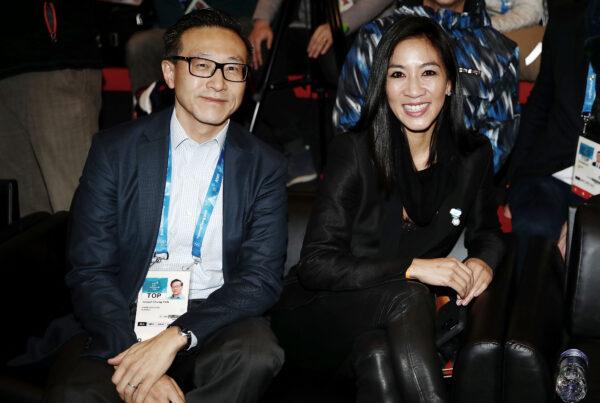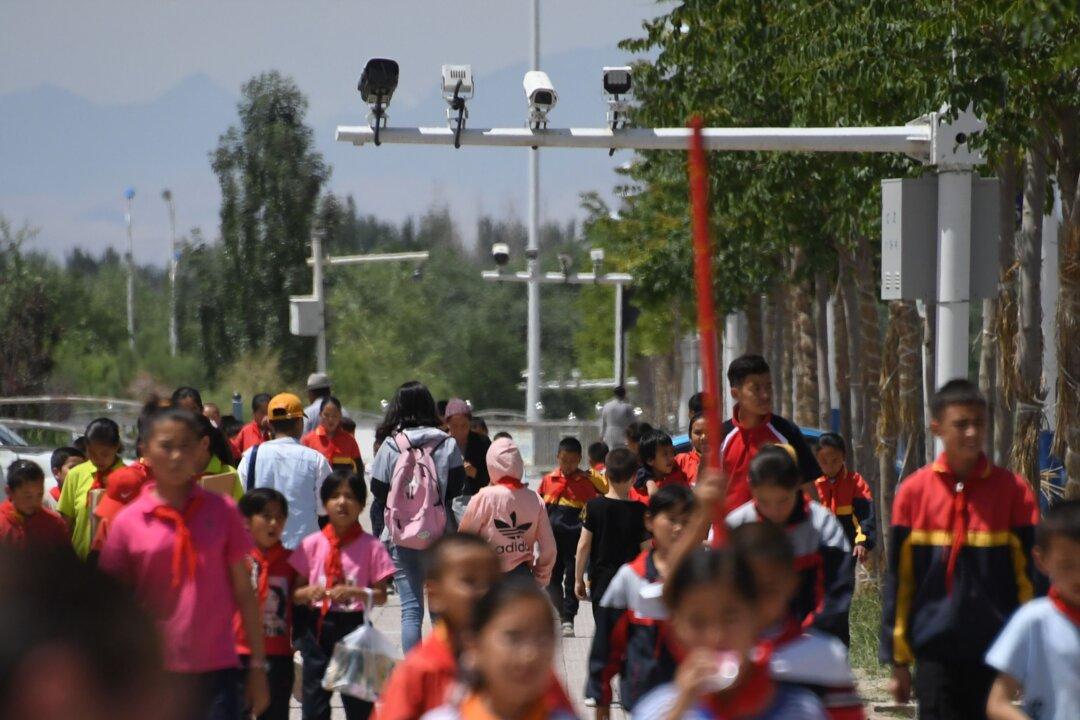Alibaba reportedly encroached on the human rights of China’s Muslim population by financially supporting U.S.-blacklisted artificial intelligence companies to track the ethnic minority.
Alibaba participated in three major investment rounds for Megvii from 2017 to 2019, while largely funding SenseTime, which became the world’s most valuable AI startup in 2018, according to the report.
A 2020 congressional report also accused Alibaba of financing companies that helped China build “an intrusive, omnipresent surveillance state that uses emerging technologies to track individuals with greater efficiency.”
In 2019, an Australian think tank found that Megvii worked in cooperation with security services and that its facial recognition software could send a “Uyghur alarm” to Chinese police, while SenseTime relies on the “largesse” of government investments on projects linked to public security surveillance.
New-York-based Human Rights Watch also found that the two Alibaba-funded Chinese AI start-ups backed Xinjiang facial recognition technology.
Although China has long rejected accusations of abuses in the Xinjiang region, including but not limited to mass detention, forced labor, sexual violence, and forced sterilizations, such treatments have been labeled as cultural “genocide” by the United States, several other countries, and rights organizations.
Alibaba became “concerned” after Washington placed Megvii and SenseTime on the U.S. trade blacklist yet chose not to divest, ESPN reported, citing a source close to the company’s cofounder billionaire Joe Tsai.

The Nets then “quietly” refunded Morey’s purchased ticket to see a Rockets game at Barclays Center, according to ESPN.
No records show Tsai publicly addressing China’s abuses in Xinjiang or Alibaba’s funding of blacklisted firms, still, China experts hold him accountable for being the second-most powerful person at the company besides Jack Ma.
Alibaba did not immediately respond to a request for comment.




